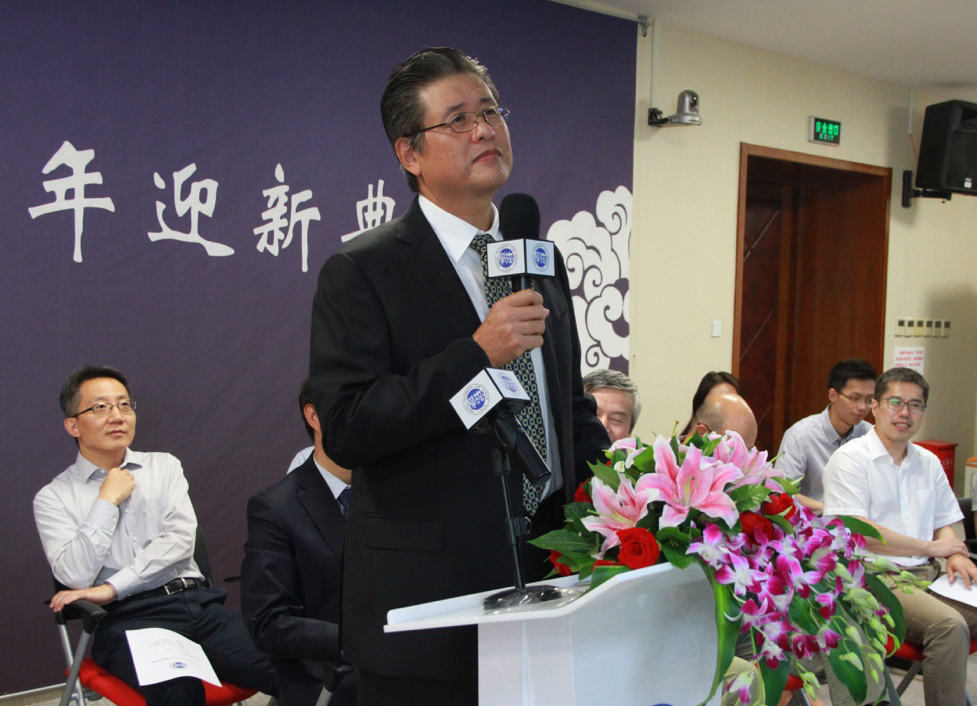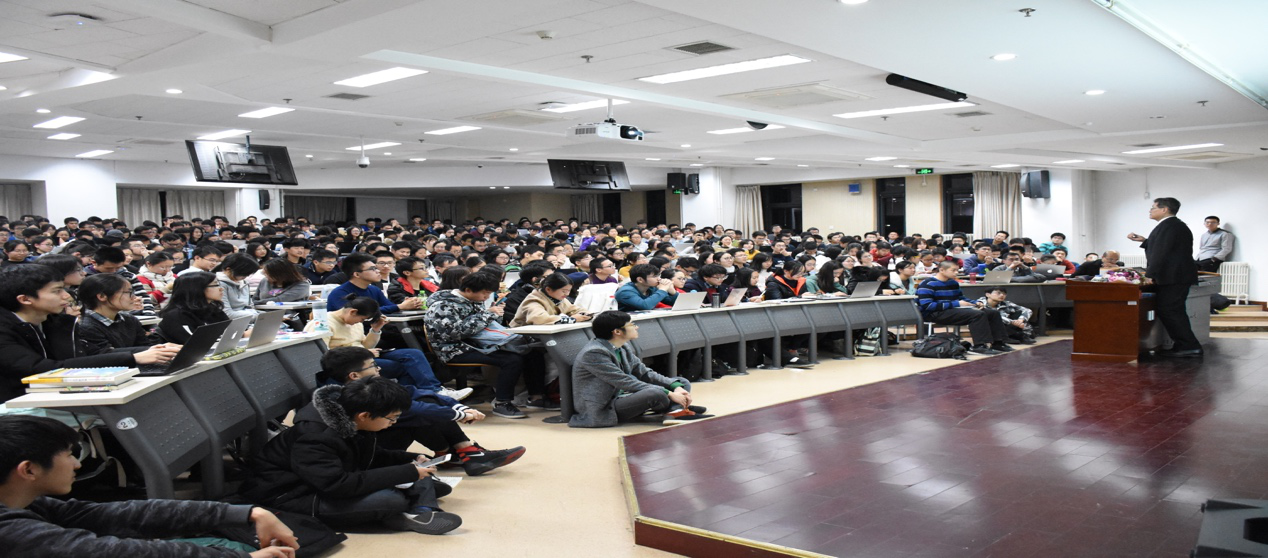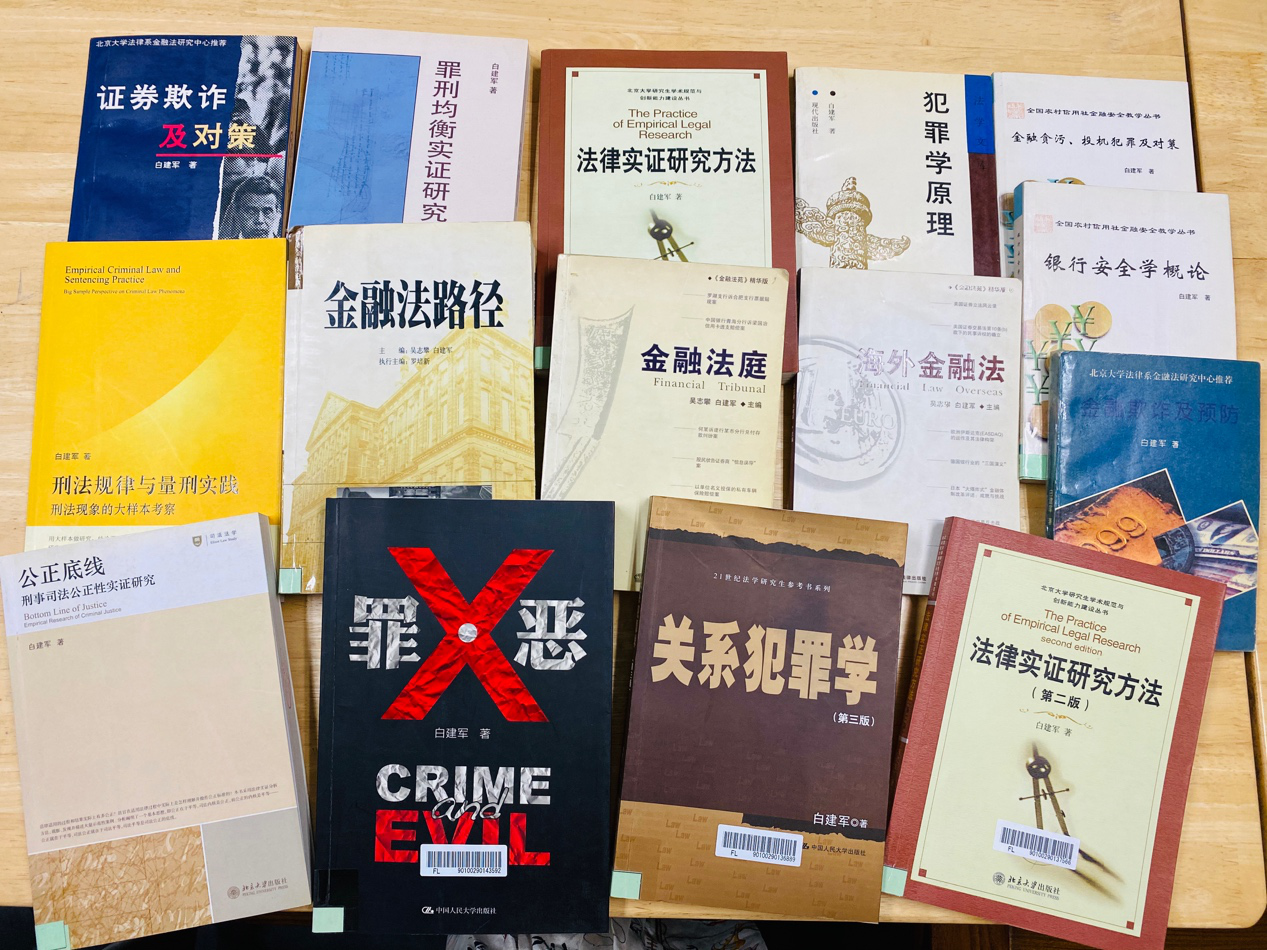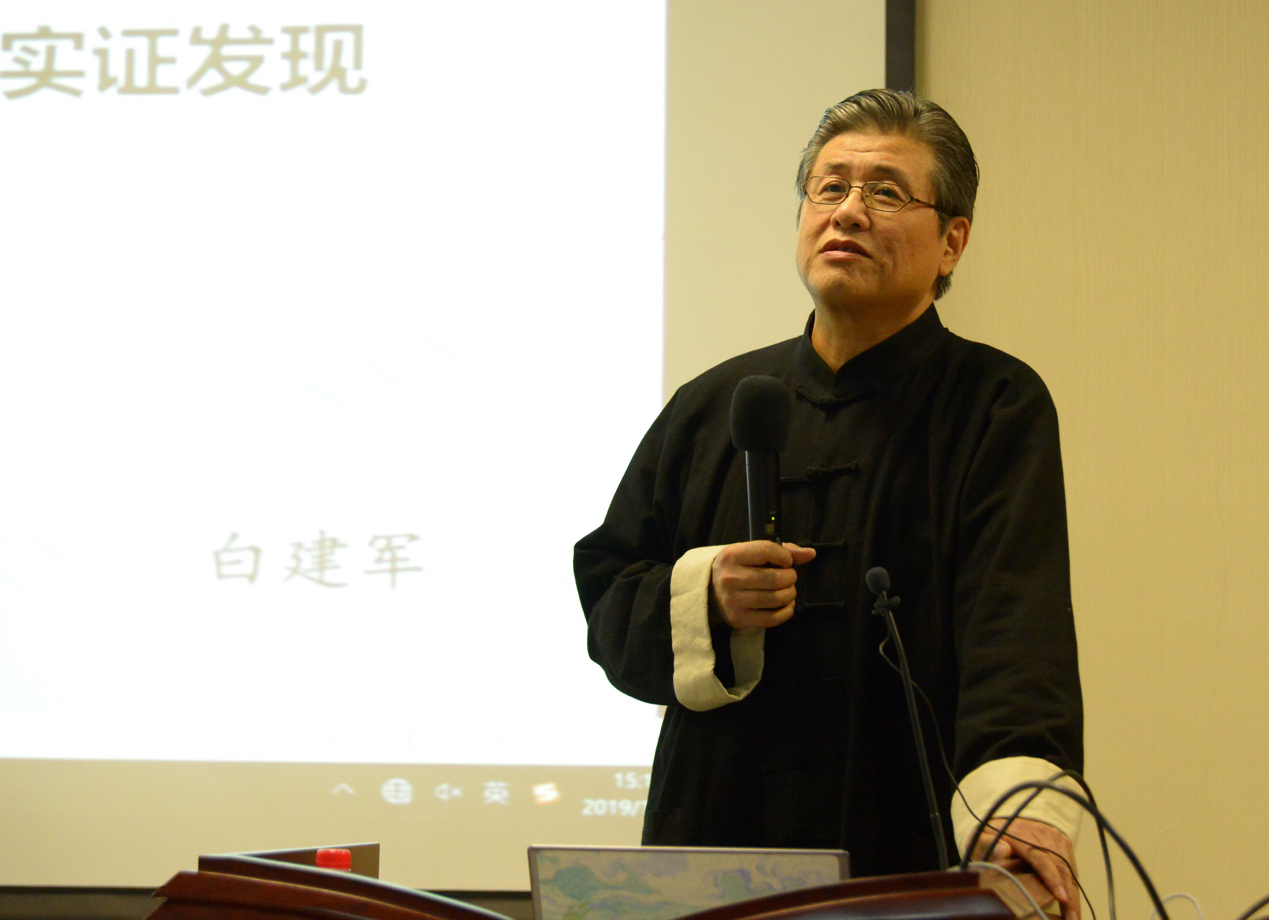Bai Jianjun:Tepid,No hypocrisy,Pay homage to the ordinary
Date:2020-07-06
Editor :
Teachers in Peking University are often pioneers and practitioners of various disciplines, and they are praised for their excellent ethics and style of teaching.Mr. Bai Jianjun is one of the ordinary and extraordinary masters.
Mr. Bai Jianjun delivered a speech to the new students at the 2017 welcome ceremony.At that time, the students were a little naive and at a loss. They could not understand the meaning of Bai's words. However, Bai's kind smile and the Peking University story left a deep impression on the students. Now, it is still meaningful and memorable.In Mr. Bai's story, it seems that ordinary people have some flash and greatness, which are worth learning and admiration. In his decades of teaching, Mr. Bai has always practiced the philosophy of creating extraordinary life with commonness.

Telling the truth is an elegant criticism.
In teacher Bai's class, the students are always full.Mr. Bai is accustomed to using easy to understand language to simplify the analysis of complex legal knowledge and then pass it on to students, so that students from different disciplines can understand the law and understand the law.In the classroom of general theory of crime, the logic system of Gong Ge created by Mr. Bai greatly activated the students' ability of thinking across disciplines.In the classroom of legal empirical analysis, he took a new approach to show students the good application of large sample quantitative empirical research methods in the field of law.In the classroom of financial crime, students gradually found their favorite professional fields, which will provide great help for their future career planning.This is inseparable from the teacher's serious and rigorous teaching attitude towards each course, which has undoubtedly become the precious wealth and other memories of students' career gains.
Not only that, Mr. Bai cares for every student.Whether it's carefully guiding doctoral thesis or teaching for more than 2000 young teachers in Colleges and universities all over the country during the epidemic, Bai's profound knowledge, brilliant intelligence and humble temperament always make people adore and respect him.

Less I think. More I find
The first empirical research method of large sample quantitative analysis adopted by Mr. Bai in the law circle has continuously promoted interdisciplinary research between law, statistics and computer science, which has opened up a new perspective and field for law research.Over the years, Mr. Bai has not stopped exploring and studying, and put forward such categories as "crime control control", Chinese people's "criminal law preference" and "judicial potential" in criminal justice.He found "three ring structure theory of crime circle", "law order compensation phenomenon", "moral risk", "naked penalty average" and other legal phenomena, which also provided him with a constant source of inspiration and motivation for classroom teaching.
What we admire more is that Mr. Bai still keeps the habit of publishing academic articles on a regular basis. In his mind, learning has never been a hard job, but a happy and happy thing.Mr. Bai's nine monographs have become excellent works for everyone to study.

Working with joy is the biggest economy of life.
No matter how long we graduate, Mr. Bai's teaching still haunts us. What Mr. Bai taught is not only the rich and broad knowledge of law, but also the unique feelings of Peking University and the ordinary and great feelings of the world.Mr. Bai often encourages students to find out their interests and pursue them with all their strength; to improve their requirements so as to achieve their goals on the ground.Teacher Bai's persuasion has become the life creed of the students and has been used by them all their lives.

How envious Mr. Bai has been working with joy all his life, which may be the most ordinary and great achievement of his teaching career!
Translated by: Qiu Yiting
Edited by: Wu Keting



